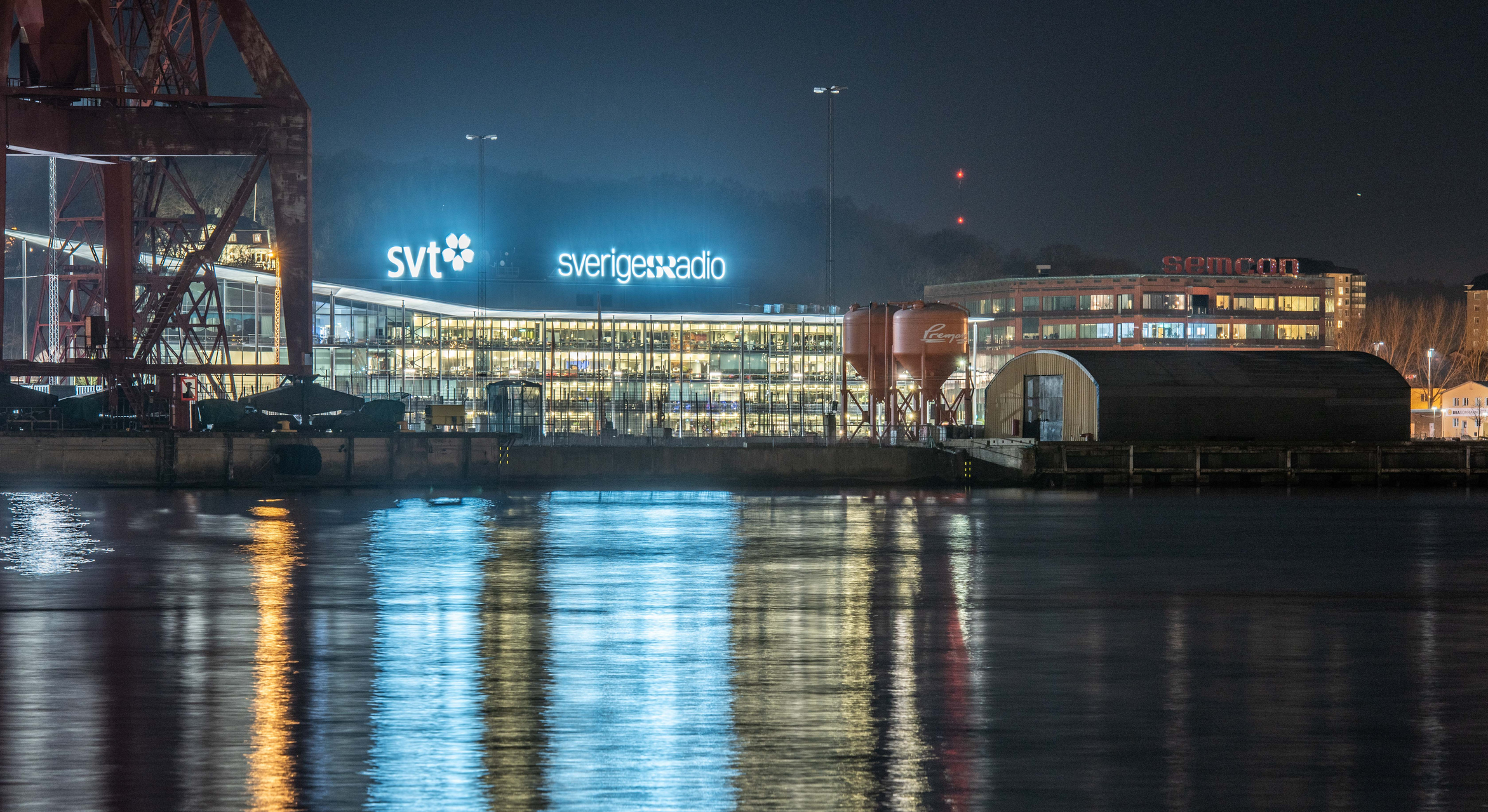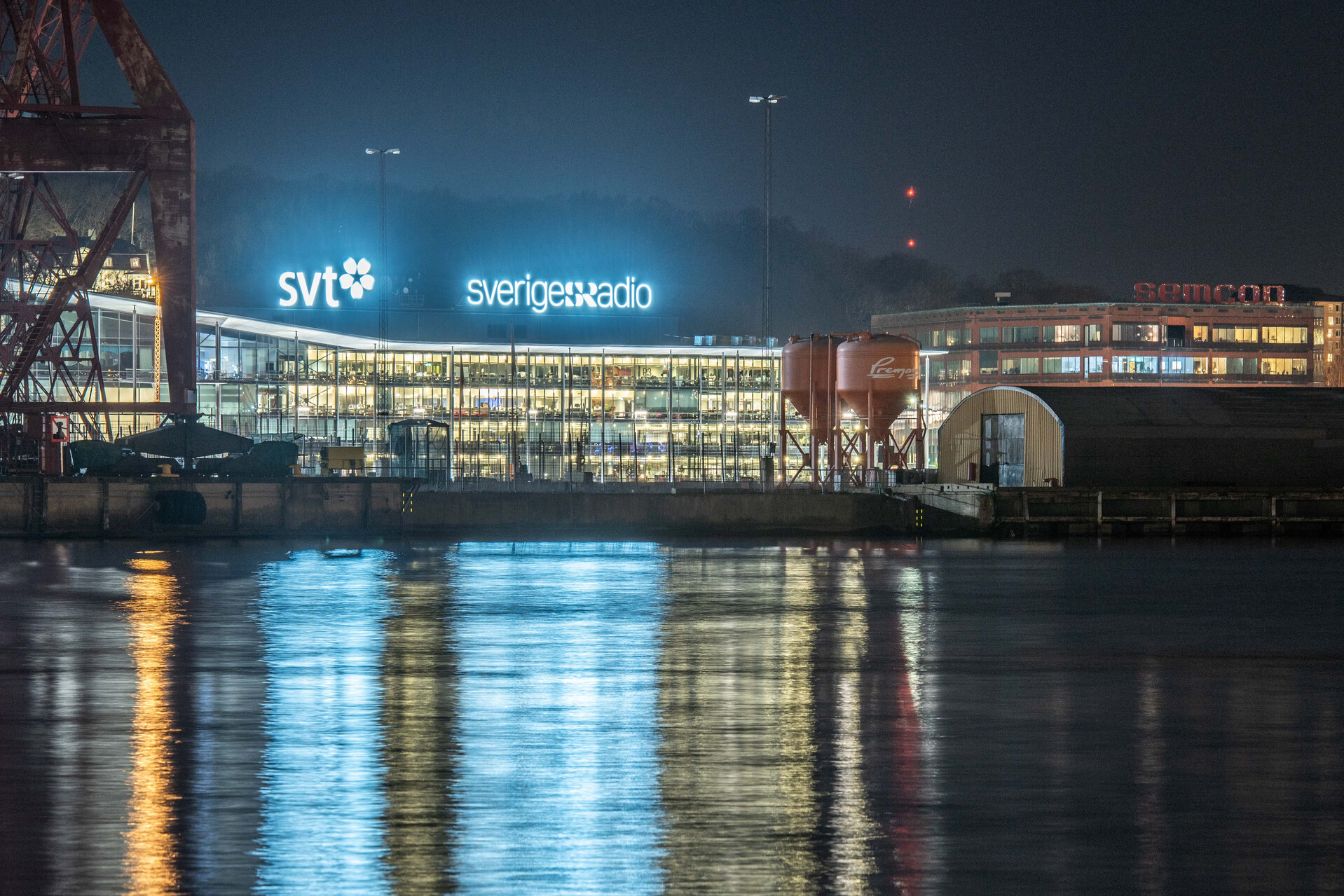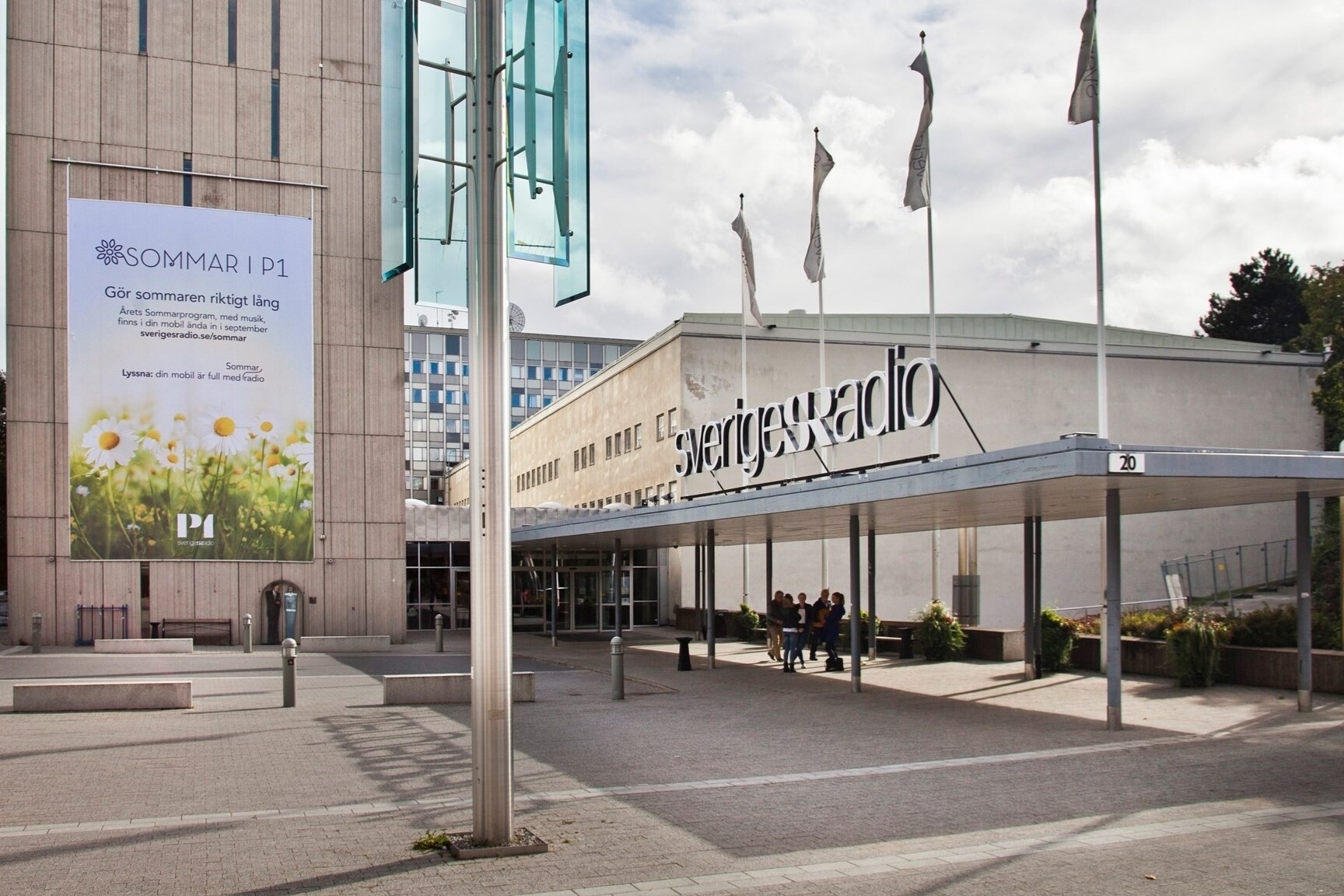Proposals for Swedish public media raise concerns about future support
16th May 2024
A Swedish parliamentary committee considering the future of Sweden’s three public broadcasters failed to reach political consensus, giving rise to concerns about the government’s intentions.

IN BRIEF:
- The public service investigation said the broadcasters should continue to have a broad remit and that their independence should remain protected.
- But it also recommended removing clauses concerning diversity and equality, starting an inquiry into merging the broadcasters, and limiting their online presence.
- Opposition politicians criticised some of the proposals, saying they were snuck through.
- Public media organisations have expressed their concern at the lack of political consensus over the investigation outcome.
IN FULL:
A lack of political consensus over new proposals for Sweden’s three public broadcasters has been described as “astonishing” and “unique”, raising questions about future support.
The public service investigation is a parliamentary inquiry into how the three public broadcasters – SVT, Swedish Radio, and UR, which provides educational programming – are regulated and funded. The latest investigation, for the next permit period from 2026 to 2033, submitted its latest report this month.
In the report, inquiry chair Göran Hägglund said the committee supported the idea that the public broadcasters should have a broad remit, and that their independence should continue to be protected.
Read more: Directives for public service investigation unveiled
But a split has emerged between the country’s political parties over the report. The coalition government, which is made up of four parties including the far-right Sweden Democrats, have added proposals that the opposition has labelled “radical”. They include removing clauses requiring programmes to ensure equality and diversity; proposing an inquiry on merging all three broadcasters; and a proposal to limit the broadcasters’ online output.
Opposition parties have complained that the committee, which is supposed to have cross-party consensus, pushed the changes undiscussed at the last minute. “Very late in the work on the inquiry, major differences have arisen as a consequence of the [governing] parties’ internal negotiations,” the opposition committee members said in an opinion piece published in the Dagens Nyheter newspaper.
“We regret that the committee has not been able to unite behind the conclusions. At a late stage the … parties chose to do their own thing, which is unusual. There has been a clear reluctance to look more widely for a solution,” the opposition Social Democrats’ culture spokesperson, Lawen Redar, said at a press conference.
But Hägglund, in the report, said the equity and diversity provisions were redundant because they were already required under the Swedish Public Service Act. Opponents, however, have argued that it’s a nod to the ideology of the Sweden Democrats, who have run campaigns against ethnic diversity.
Listen toour podcast
Uncovering and exploring the biggest
issues facing public media
Hägglund also said merging the three broadcasters into one entity would cut down on duplication and waste. “We know that Sweden is strange in this respect. Nearly all countries have a single combined company,” he said, adding that the committee had proposed the government launch an inquiry into combining them.
But one of the most drastic proposals has been to say that web, social and digital output should only be “complementary” to the broadcasters’ TV and radio coverage, and that social media guidelines should be changed. The inquiry, however, stopped short of calling for any limit or scaling back of digital strategies. Stipulations of such a character have already been introduced in Finland and Austria.
It also said the broadcasters’ own platforms should be their priority on the internet, and that the use of other social media platforms should follow “an assessment of the risks and the potential consequences.”
The chief executive of Swedish Radio, Cilla Benkö, said in a statement the level of political disagreement over the inquiry process was concerning.
“Such extensive political disagreement opens up difficulties in running the company from a long-term perspective. Here there is a risk that what is said one year does not apply the next year. Ultimately, it is about protecting Sweden’s Radio’s independence. A broad political consensus on the long-term conditions is crucial to ensure a stable and independent Swedish Radio.”
The chief executive of SVT, Hanna Stjärne, was quoted with similar concerns.
“It is astonishing and completely unique that they have not managed to come to an agreement. In the past, it has been a matter of honour, and it has led to long-term terms. It is important to have politicians who are able to see beyond their own party’s interests,” she said.
Funding
The inquiry has also recommended increasing funding for public broadcasters, but at a rate that is well behind the country’s current inflation rate of eight percent, which would translate into a real-term funding cut.
The inquiry recommends increasing funding, which was a combined 9.1 billion kronor in 2024, by three percent in 2026, two percent between 2027 and 2030 and one percent between 2031 and 2033.
Benkö said the funding reduction represented “a gradual downgrading” of SR, which would mean “fewer journalists and fewer programmes”, especially after the organisation had just carried out a series of job cuts.
“There is reason to be concerned about the gap that exists between our financial needs and what the investigation proposes. I see a significant risk that Sveriges Radio is forced to make extensive savings that will mean fewer journalists and fewer programs at a time when the security policy situation is more serious than in decades,” Benkö said.
The proposals are now out for public consultation before a final bill is drafted and voted on. But the head of the Swedish association of journalists, Ulrika Hyllert, said there was a concerning trend.
“It is of course welcome that the broad mission remains, but the devil is in the details. For example, I see a danger in the extensive reviews of SVT that are proposed, without pointing out that there is a problem. Then a review becomes a way of raising suspicion,” she told Dagens Nyheter.
Related Posts
21st December 2023
Swedish public media feeling financial and political pressures
SR and SVT have announced important…
21st March 2023
Sweden: Public service investigation directives unveiled
The investigation will focus on…
29th September 2022
Sweden: Implications for public media after election
Elections in Sweden have seen gains for…


